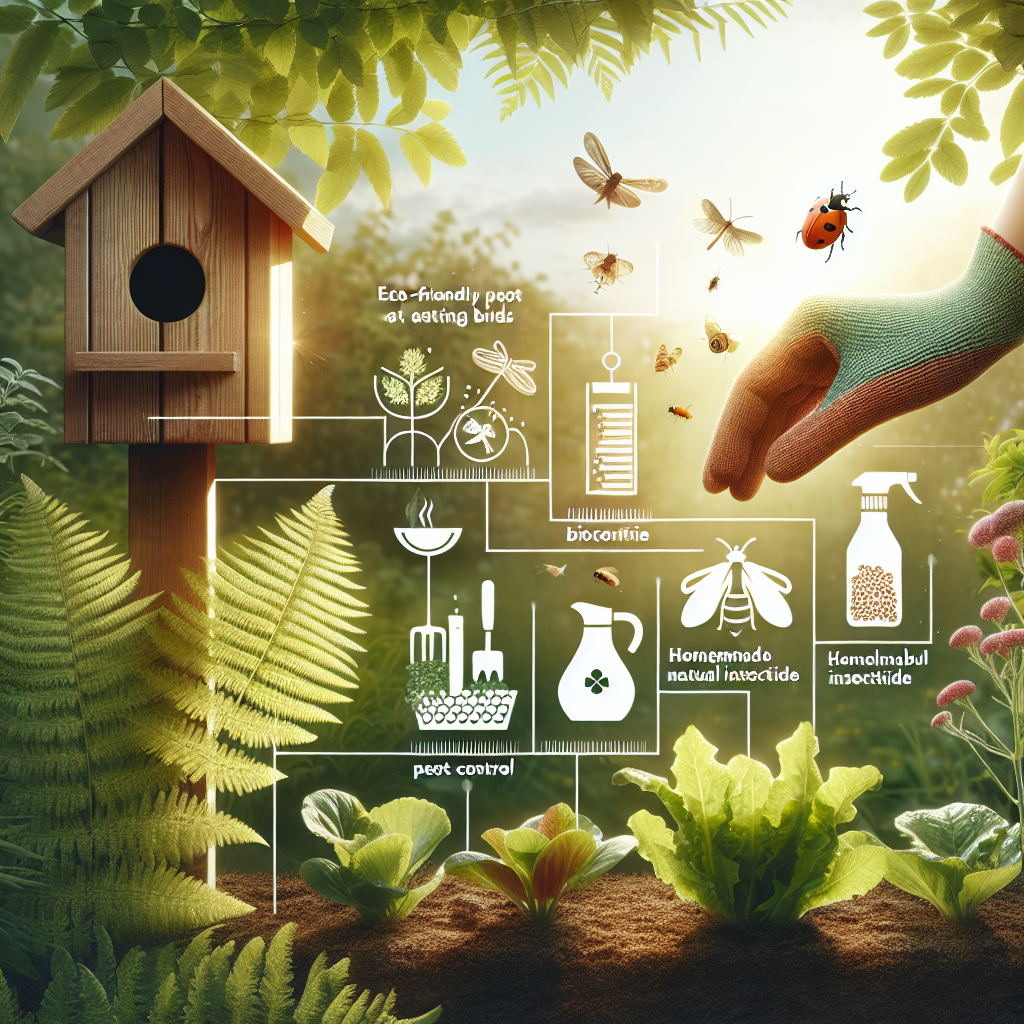Pests can be more than just an inconvenience; they can threaten our health, homes, and peace of mind. However, as our awareness of environmental issues increases, so does our desire for sustainable living. Luckily, eco-friendly pest control solutions offer effective alternatives to harsh chemicals and toxins. This article explores various eco-friendly methods to keep pests at bay while preserving our planet.
Understanding the Need for Eco-Friendly Solutions
With the rise in pesticide resistance and concerns about chemicals contaminating our water supplies, there’s a growing shift toward non-toxic pest control methods. Many of us are re-evaluating our daily choices and looking for ways to live sustainably. Transitioning to eco-friendly pest control is not just beneficial for our health; it also fosters a healthier ecosystem for future generations.
Natural Pest Repellents: Mother Nature’s Solutions
Essential Oils
Essential oils like peppermint, tea tree, and eucalyptus can deter pests effectively. Diluting these oils in water and spraying them in affected areas is a natural way to repel ants, spiders, and even mosquitoes. Not only do they smell good, but they also replace the need for synthetic fragrances found in traditional repellents.
Diatomaceous Earth
Diatomaceous earth (DE) is a fine powder made from the fossilized remains of tiny aquatic organisms known as diatoms. It’s safe for humans and pets but lethal to pests like bedbugs, cockroaches, and fleas. Sprinkle DE in corners and cracks; it works by dehydrating insects as they come into contact with it.
Neem Oil
Extracted from the seeds of the neem tree, neem oil is a potent natural pesticide. Its unique properties disrupt the life cycle of insects, making it difficult for them to grow and reproduce. By mixing neem oil with water and using it as a spray, you can tackle common pests without harming beneficial insects.
Edible Solutions: The Power of Companion Planting
Grow Your Own Pest Deterrents
Companion planting involves cultivating plants that can repel pests and attract beneficial insects. For instance, marigolds are known to deter aphids and nematodes, while basil can repel mosquitoes and flies. Not only do these plants beautify your garden, but they also enhance biodiversity and balance in your ecosystem.
Homemade Traps
You can create effective traps using simple kitchen ingredients. A mixture of sugar, vinegar, and water can attract fruit flies, trapping them in a jar. Similarly, placing soapy water bowls can effectively trap insects drawn to bright lights. These DIY solutions are not only economical but also environmentally safe.
Sustainable Practices: Preventing Pest Infestations
Maintain a Clean Environment
Keeping your home clean is the first step toward pest management. Regularly vacuuming, sealing food in airtight containers, and promptly fixing leaks can significantly deter pests from making your home theirs. A clean space is less inviting to unwanted guests.
Seal Entry Points
Examine your home for cracks, gaps, and holes that pests might use as entry points. Sealing these openings with caulk or weather stripping is a simple, eco-friendly way to prevent infestations. This not only keeps pests out but also improves energy efficiency, contributing further to sustainable living.
Professional Eco-Friendly Pest Control Services
If you’re feeling overwhelmed by a pest issue, consider hiring a professional service specializing in eco-friendly methods. These providers focus on Integrated Pest Management (IPM), which combines multiple strategies for long-term pest control while minimizing environmental impact.
What to Look For
When choosing a professional service, inquire about their approach to pest control. Make sure they prioritize environmentally safe products and practices. Customer reviews and testimonials can provide insights into their effectiveness and reliability.
Conclusion: A Sustainable Future Awaits
Adopting eco-friendly pest control solutions is not just beneficial for your home; it’s a commitment to sustainable living. By using natural repellents, practicing companion planting, and maintaining a diligent cleaning routine, you can effectively manage pests without compromising the environment. With each eco-conscious choice we make, we contribute to a healthier planet for ourselves and future generations. Let’s embrace these solutions and pave the way for a more sustainable future, one pest-free home at a time.
By steering clear of toxic chemicals and embracing nature’s methods, we can transform our homes into safe, inviting sanctuaries for all – both humans and the incredible ecosystems around us.


